


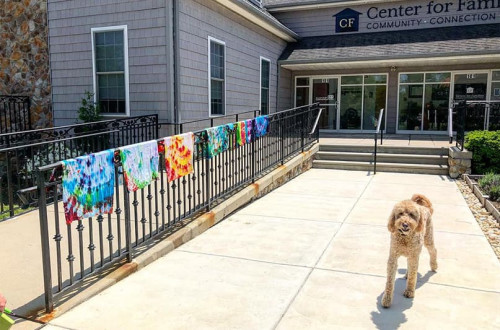





Center For Families Malvern
Verified Center
This provider's information has been quality-checked by Recovery.com's Research Team for accuracy and completeness, including center verification through appropriate third-party organizations.
Treatment Focus
This center treats substance use disorders and mental health conditions. You'll receive individualized care catered to your unique situation and diagnosis, learn practical skills for recovery, and make new connections in a restorative environment.
Primary Level of Care
Outpatient treatment offers flexible therapeutic and medical care without the need to stay overnight in a hospital or inpatient facility. Some centers off intensive outpatient program (IOP), which falls between inpatient care and traditional outpatient service.
Treatment Focus
This center treats substance use disorders and mental health conditions. You'll receive individualized care catered to your unique situation and diagnosis, learn practical skills for recovery, and make new connections in a restorative environment.
Primary Level of Care
Outpatient treatment offers flexible therapeutic and medical care without the need to stay overnight in a hospital or inpatient facility. Some centers off intensive outpatient program (IOP), which falls between inpatient care and traditional outpatient service.
Provider's Policy
We work with most major insurance companies, including both In-Network and out-of-network payers, to optimize access to care for families and teens affected by addiction.
Center For Families Malvern
Center For Families Malvern
About Center For Families Malvern
Center for Families, a program within the Newport Healthcare family, offers individual care and education to adolescents ages 13-18 and their families. They treat mental health, behavioral, and substance misuse challenges. Through a continuum of therapy that includes a therapeutic day program (PHP), intensive outpatient program (IOP), and outpatient care, they guide teens and families into long-lasting healing.
Family Involvement
Family involvement is a key component of Center for Families. Their mission is to restore trust and communications with their loved one. A stand out feature of the program includes a peer-facilitation program led by parents with first-hand experience with the challenges of both substance use and mental health. Here, families can learn about these challenges through a parent's view and gain the extra tools they need to support their loved one during healing.
Personalized And Empowering Treatment
Diagnostic assessments help guide the unique treatment of each teen. The accredited and professional staff at Centers for Families help ensure each aspect of patients’ needs is met, and in a healing and empowering way. Holistic therapies work alongside clinical and evidence-based care to give well-rounded treatment. Teens can learn more about responsibility and caretaking through taking care of chickens, who live on site in Center for Chickens (a chicken coop).
Academic Support
For adolescents ages 13-18, treatment begins with guided support through individual therapy, art and music therapy, and focus groups. Their PHP program combines with their therapeutic day school, which pairs one-on-one counseling with specialized tutors so teens can stay on track with academics. Treatment also includes experiential outings like zip lining, visiting a farm, hiking, biking, and more. Centers for Families’ IOP program allows teenagers to continue in traditional school and receive continuous care within a caring community. IOP offers greater structure and support, with teens staying on site during the day for 5 days a week.
2 Locations
Center for Families has 2 locations within Pennsylvania, just outside of Philadelphia in Malvern and West Chester. Both can be reached on the SEPTA line. Each setting offers a safe and intimate place for teens and their families to heal.
Highlights from the Center
Highlights
These highlights are provided by and paid for by the center.
Certified Professionals
Trauma-Informed Care
Mental Health Disorder Treatment
Adolescents
Center Overview
Treatment Focus
This center treats substance use disorders and mental health conditions. You'll receive individualized care catered to your unique situation and diagnosis, learn practical skills for recovery, and make new connections in a restorative environment.
Joint Commission Accredited
The Joint Commission accreditation is a voluntary, objective process that evaluates and accredits healthcare organizations (like treatment centers) based on performance standards designed to improve quality and safety for patients. To be accredited means the treatment center has been found to meet the Commission's standards for quality and safety in patient care.

Center For Families Malvern
Insurance Accepted
Cash Pay Rates
Estimated Cash Pay Rate
Center pricing can vary based on program and length of stay. Contact the center for more information. Recovery.com strives for price transparency so you can make an informed decision.



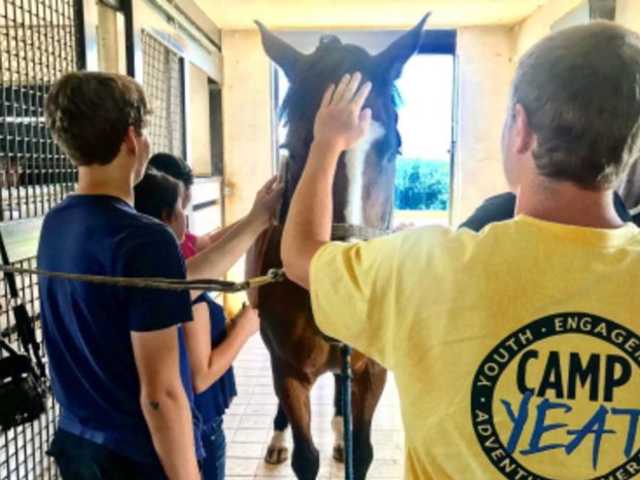
More Newport Healthcare Locations
Recovery.com Verified Listing
Recovery.com verified that the name, location, contact information and license to operate for this treatment provider are valid and up-to-date.

Joint Commission Accredited

Licensed
Recovery.com is an independent, third-party mental health resource. Verification does not imply endorsement and does not guarantee the quality of treatment services.
Meet Your Care Team
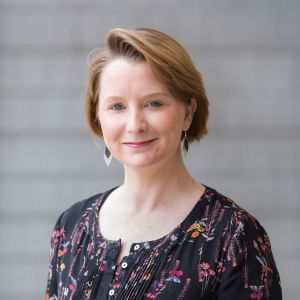
Elizabeth McCarron
Director, Outpatient Services
MSS, LCSW
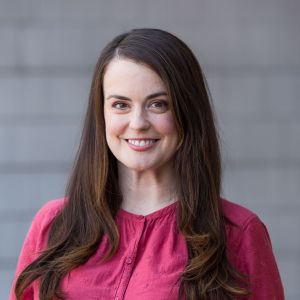
Erin Cullen
Clinical Supervisor
LCSW
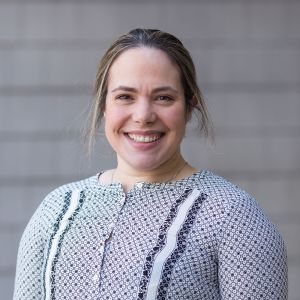
Dr. Aguilo-Seara
Psychiatrist
DO
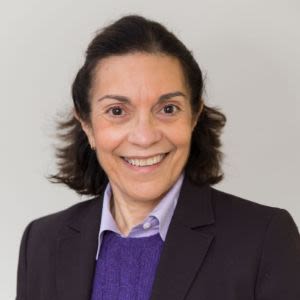
Maria Elena Pena-Ariet
Psychiatrist
MD
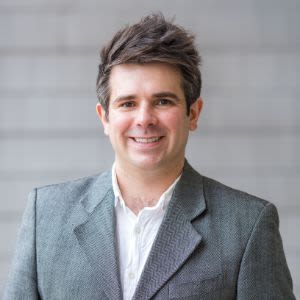
Marko Mircetic
Psychiatrist
MD, MPH
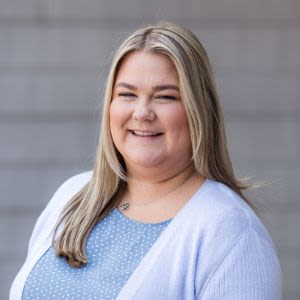
Julia Meeker
Clinical Liaison
LPC, NCC, ATR-P
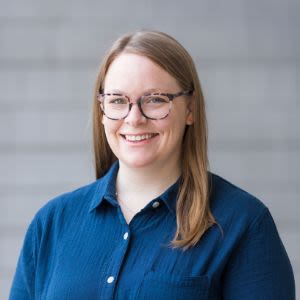
Meg Ellenbaum
Primary Therapist
MSS, LCSW
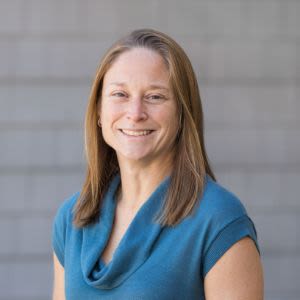
Laura Whitman
Therapist
M.Ed., NCC, LPC
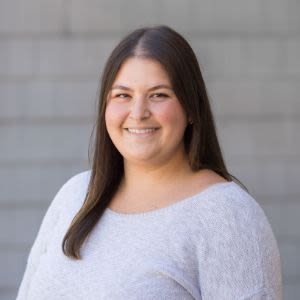
Julia Chapman
Primary Therapist
MSW, LSW
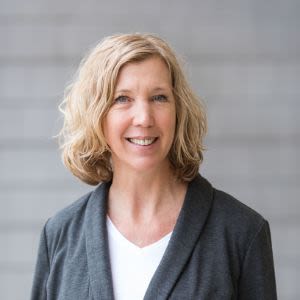
Christine Earle
Primary Therapist
MSW, LSW
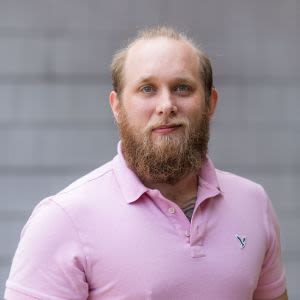
Zeke Garschagen
Primary Therapist
MSW, LSW

Peter McCall
Primary Therapist
MSS, LCSW
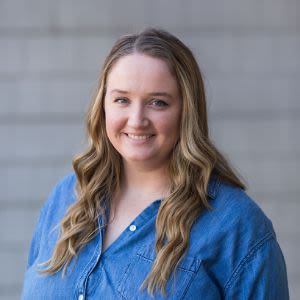
Hayley Addesa
Primary Therapist
MA, NCC, LPC
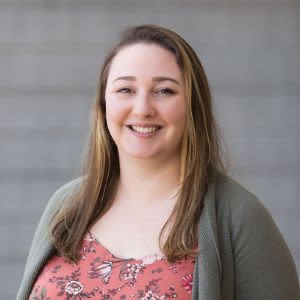
Sydnee Wells
Primary Therapist
MSW, LCSW
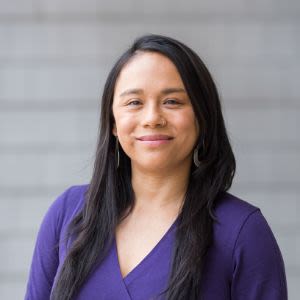
Emily Slook
Primary Therapist
MSW, LSW
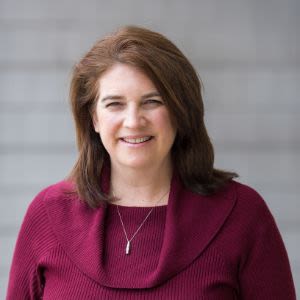
Jan Bookwalter
Adventure Therapist
CTRS
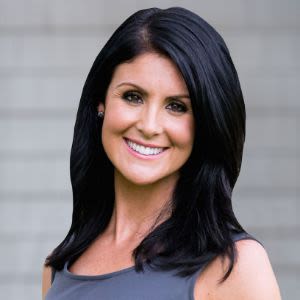
Natalie Loschiavo
Dietician
RD, LDN, RYT
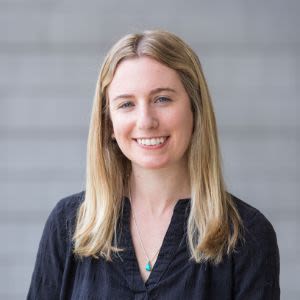
Emily Grant
Lead Teacher
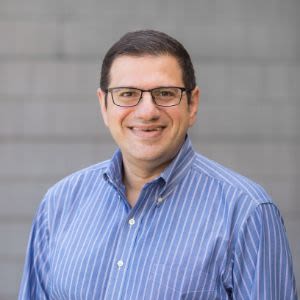
Navid Ghanadan
Lead Teacher
Your Care Options
Specializations
Adolescents
Teens receive the treatment they need for mental health disorders and addiction, with the added support of educational and vocational services.
Anxiety
Anxiety is a common mental health condition that can include excessive worry, panic attacks, physical tension, and increased blood pressure.
Co-Occurring Disorders
A person with multiple mental health diagnoses, such as addiction and depression, has co-occurring disorders also called dual diagnosis.
Depression
Symptoms of depression may include fatigue, a sense of numbness, and loss of interest in activities. This condition can range from mild to severe.
Drug Addiction
Drug addiction is the excessive and repetitive use of substances, despite harmful consequences to a person's life, health, and relationships.
Family Therapy
Family therapy addresses group dynamics within a family system, with a focus on improving communication and interrupting unhealthy relationship patterns.
Gaming
Compulsive gaming is most often a problem for children and teens. The disorder can affect physical health, sleep, and the ability to focus at school.
Trauma
Some traumatic events are so disturbing that they cause long-term mental health problems. Those ongoing issues can also be referred to as "trauma."
Who We Treat
Adolescents
Teens receive the treatment they need for mental health disorders and addiction, with the added support of educational and vocational services.
Children
Treatment for children incorporates the psychiatric care they need and education, often led by on-site teachers to keep children on track with school.
Treatment Services
Day Treatment
In a PHP, patients live at home but follow an intensive schedule of treatment. Most programs require you to be on-site for about 40 hours per week.
Intensive Outpatient Program
In an IOP, patients live at home or a sober living, but attend treatment typically 9-15 hours a week. Most programs include talk therapy, support groups, and other methods.
Licensed Primary Mental Health
Some primary care providers offer mental health diagnosis and treatment. This can prevent patients from developing more serious conditions.
Outpatient
During outpatient rehab, patients attend a structured treatment program while continuing to live at home.
Approaches
Evidence-Based
A combination of scientifically rooted therapies and treatments make up evidence-based care, defined by their measured and proven results.
Experiential
Expressive tools and therapies help patients process past situations, learn more about themselves, and find healing through action.
Family Involvement
Providers involve family in the treatment of their loved one through family therapy, visits, or both–because addiction is a family disease.
Individual Treatment
Individual care meets the needs of each patient, using personalized treatment to provide them the most relevant care and greatest chance of success.
Therapies
1-on-1 Counseling
Patient and therapist meet 1-on-1 to work through difficult emotions and behavioral challenges in a personal, private setting.
Art Therapy
Visual art invites patients to examine the emotions within their work, focusing on the process of creativity and its gentle therapeutic power.
Experiential Therapy
With this approach, patients heal by doing. Therapists help patients process difficult emotions to speak, using guided activities like art or dance.
Eye Movement Therapy (EMDR)
Lateral, guided eye movements help reduce the emotional reactions of retelling and reprocessing trauma, allowing intense feelings to dissipate.
Family Therapy
Family therapy addresses group dynamics within a family system, with a focus on improving communication and interrupting unhealthy relationship patterns.
Life Skills
Teaching life skills like cooking, cleaning, clear communication, and even basic math provides a strong foundation for continued recovery.
Mindfulness-Based Cognitive Therapy
MBCT combines mindfulness practices—like meditation—with cognitive therapy techniques to help patients work through negative thought patterns.
Conditions We Treat
ADHD, ADD
ADHD is a common mental health condition caused by dopamine imbalance. Common symptoms include inattention, hyperactivitiy, and impulsivity.
Anger
Although anger itself isn't a disorder, it can get out of hand. If this feeling interferes with your relationships and daily functioning, treatment can help.
Anxiety
Anxiety is a common mental health condition that can include excessive worry, panic attacks, physical tension, and increased blood pressure.
Bipolar
This mental health condition is characterized by extreme mood swings between depression, mania, and remission.
Codependency
Codependency is a pattern of emotional dependence and controlling behavior. It's most common among people with addicted loved ones.
Depression
Symptoms of depression may include fatigue, a sense of numbness, and loss of interest in activities. This condition can range from mild to severe.
Eating Disorders
An eating disorder is a long-term pattern of unhealthy behavior relating to food. Most people with eating disorders have a distorted self-image.
Internet Addiction
Internet addiction is common among children teens. This compulsive disorder can damage relationships, school performance, sleep habits, and physical health.
Obsessive Compulsive Disorder (OCD)
OCD is characterized by intrusive and distressing thoughts that drive repetitive behaviors. This pattern disrupts daily life and relationships.
Substances We Treat
Alcohol
Using alcohol as a coping mechanism, or drinking excessively throughout the week, signals an alcohol use disorder.
Benzodiazepines
Benzodiazepines are prescribed to treat anxiety and sleep issues. They are highly habit forming, and their abuse can cause mood changes and poor judgement.
Co-Occurring Disorders
A person with multiple mental health diagnoses, such as addiction and depression, has co-occurring disorders also called dual diagnosis.
Cocaine
Cocaine is a stimulant with euphoric effects. Agitation, muscle ticks, psychosis, and heart issues are common symptoms of cocaine abuse.
Drug Addiction
Drug addiction is the excessive and repetitive use of substances, despite harmful consequences to a person's life, health, and relationships.
Ecstasy
Ecstasy is a stimulant that causes intense euphoria and heightened awareness. Abuse of this drug can trigger depression, insomnia, and memory problems.
Psychedelics
Hallucinogenic drugs—like LSD—cause euphoria and increased sensory experiences. When abused, they can lead to depression and psychosis.
Opioids
Opioids produce pain-relief and euphoria, which can lead to addiction. This class of drugs includes prescribed medication and the illegal drug heroin.
Languages
Care Designed for Your Needs
Personal Amenities
Activities
Off-Site Activities
Off-Site Amenities

Learn More About the Center
Browse Center Photos
See more of Center for Families’ Malvern location, inside and outside.
The Recovery Team
Check out the professionals offering expert treatment at Centers for Families.
Groups for Parents
Learn more about the specific groups for parents hosted by Centers for Families.
More About Day School
Centers for Families provides a therapeutic day school, offered for teens in their day program.





